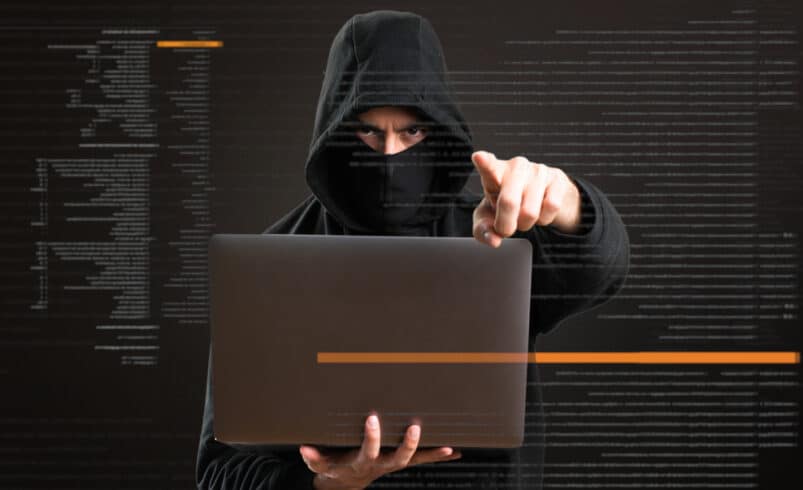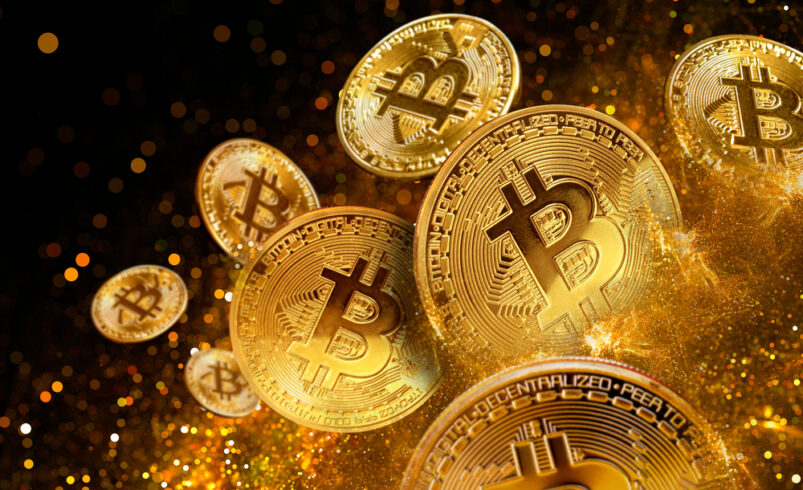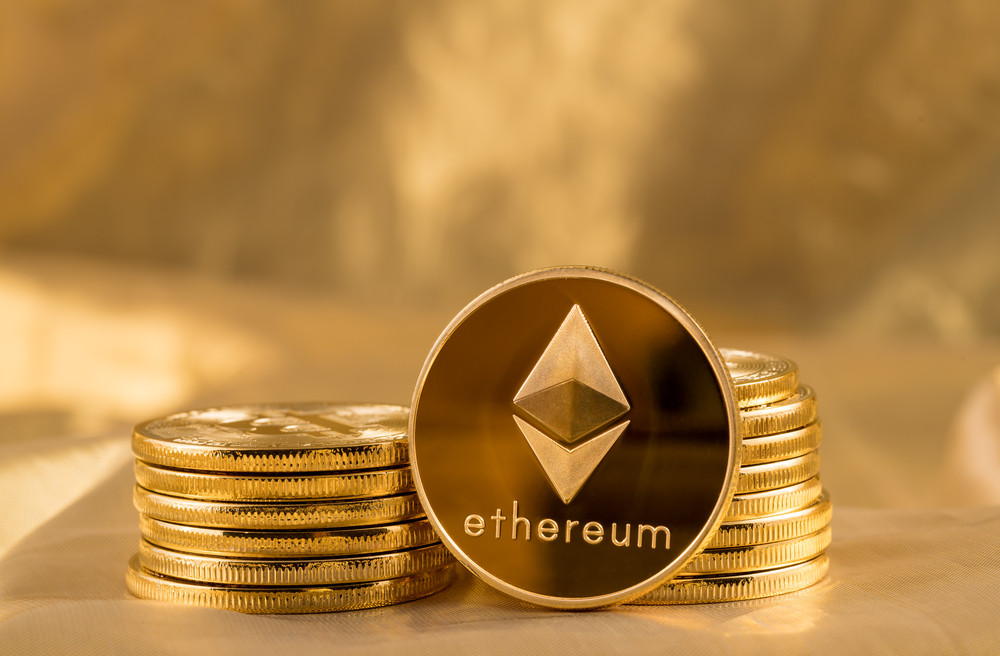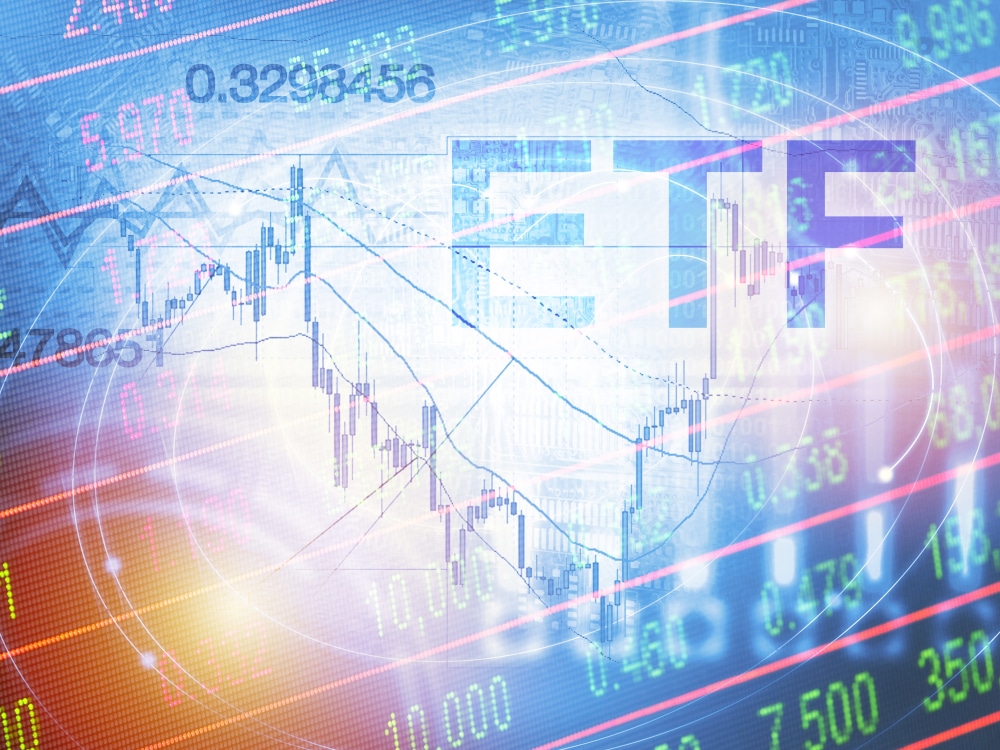A Beginner’s Guide to Investment DAOs

In the ever-evolving landscape of decentralized finance (DeFi), Investment DAOs have emerged as a fascinating and innovative concept, reshaping the way we perceive and engage with traditional investment models.
In this article, we’ll delve into the intricacies of Investment DAOs, exploring their definition, working, risks and benefits and the significance they hold in the realm of decentralized finance.
Introduction to Investment DAOs
Investment DAOs, short for Decentralized Autonomous Organizations, function as digital investment entity that acquires investment capital and allocates it according to the majority vote of the DAO’s members. What sets Investment DAOs apart is their reliance on code-based governance.
Instead of being governed by a central authority, decisions within these organizations are encoded in smart contracts, which are self-executing contracts with the terms of the agreement directly written into code. The arrangement, the regulations overseeing it, and the ownership privileges are all embedded in smart contracts deployed on a blockchain, visible and interactive for all members.
How Do Investment DAOs Operate?
The initiation of the smart contract results in the creation of a distinct token for the DAO, commonly known as the Governance Token, inherent to that specific DAO. Usually, contributors to a DAO will place a certain amount of cryptocurrency into the DAO’s financial reserve. This may take the form of $ETH if on Ethereum, and $SOL if on Solana.
After the DAO’s investors contribute their funds to the treasury, these tokens are allocated to them, providing them with voting privileges. When they cast their votes, it occurs “on-chain,” signifying that the action is recorded on the blockchain.
These determinations cannot be disregarded or modified, and the outcomes of these determinations are systematically implemented.
The Significance of Investment DAOs
In the conventional approach, each participant in an Investment DAO casts their vote, and following the DAO’s guidelines, the majority of all members have the opportunity to present proposals outlining the utilization of the funds in the DAO treasury.
Members vote on these proposals, and the DAO as a whole determines the approvals or rejections. This procedure is known as Community Voting, and it represents the fundamental distinction that DAOs provide compared to other forms of investment entities
Community Voting facilitates a significantly more democratic and engaging investment procedure compared to what is achievable with conventional investment organizations. Members’ authority to vote and the influence of their votes are typically symbolized by a governance token.
This democratic structure fosters inclusivity and transparency, allowing a diverse community to actively participate in determining the allocation of funds within the DAO.
Advantages of Investment DAOs
Decentralization
One of the fundamental benefits of Investment DAOs is the decentralization of control. This not only diminishes the risk of single vulnerabilities but also cultivates a more democratic and resilient decision-making process.
Transparency
Within Investment DAOs, each transaction involving the treasury is documented on a blockchain, accessible to every member of the DAO, ensuring full transparency. Concealed fees, unclear accounting practices, and inadvertent errors, which can often escape participants in a traditional venture capital entity, are not hidden within this decentralized framework.
Inclusive Decision-Making
Investment DAOs extend investment possibilities to a broader audience. Through decreased entry barriers, individuals previously excluded from conventional investment channels can now actively participate and contribute.
Challenges and Risks
Security
Despite the heightened security facilitated by blockchain technology, Investment DAOs remain susceptible to risks. Challenges arise from smart contract vulnerabilities and attempted hacks, necessitating proactive efforts from the community to effectively mitigate these potential threats and ensure the ongoing security of the decentralized autonomous organization.
Volatility
The decentralized decision-making nature can result in swift alterations in strategies and investments. This volatility demands participants to remain attentive and adjust to the dynamically changing landscape.
Failure of Smart Contracts
The smart contracts overseeing the DAO might encounter failures stemming from a hack or flawed code. Such issues could disrupt the essential mechanisms required for efficient operation and effective management of the DAO’s funds.













